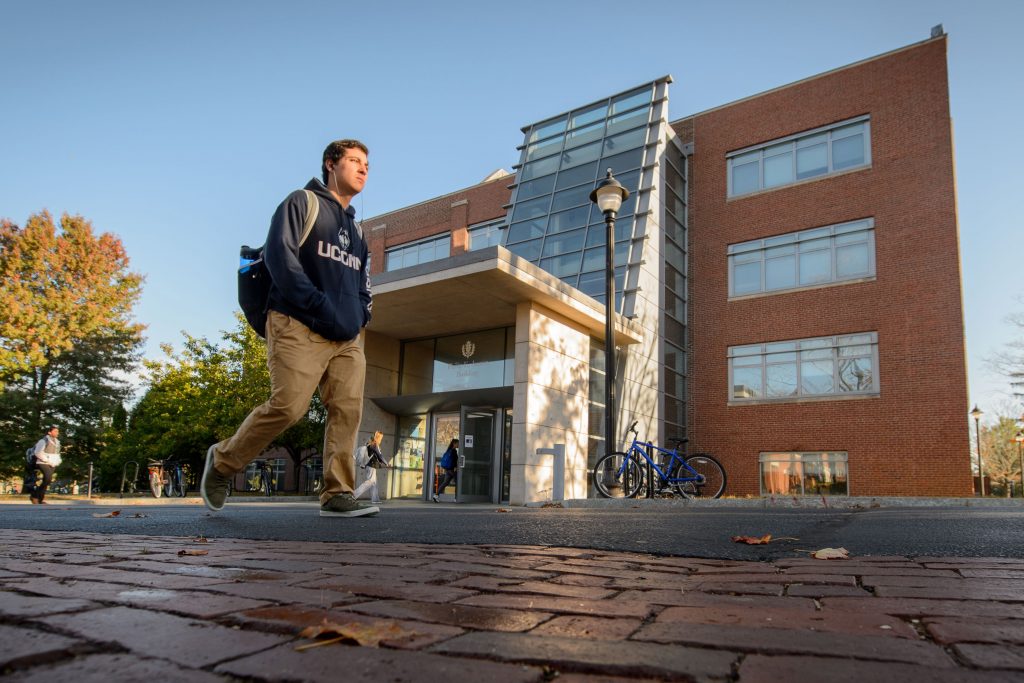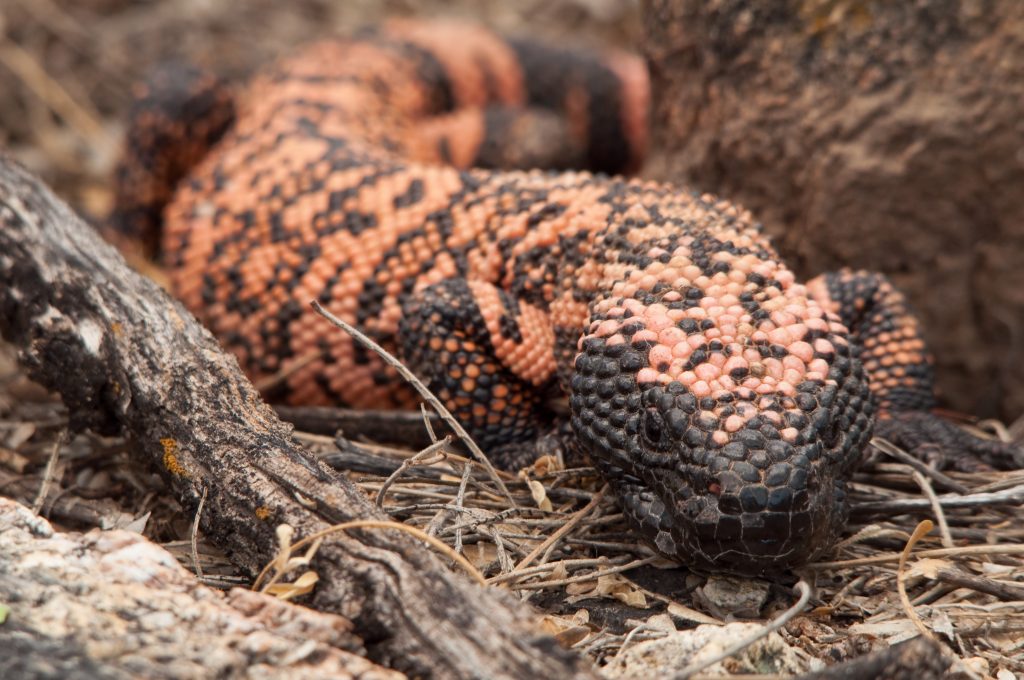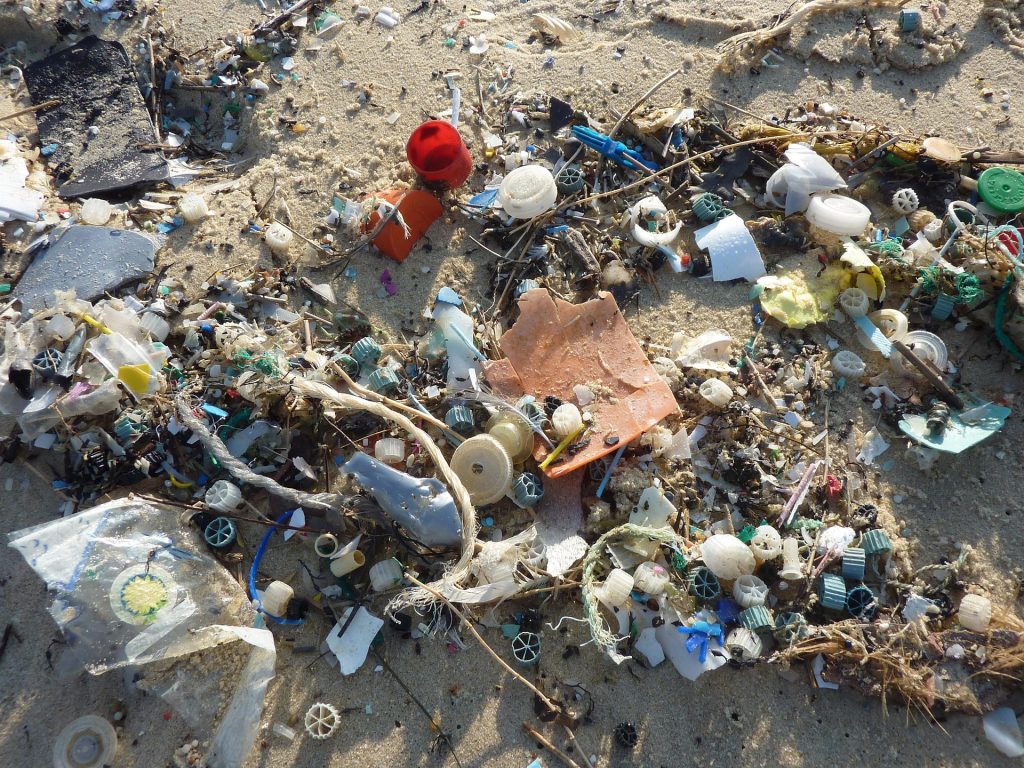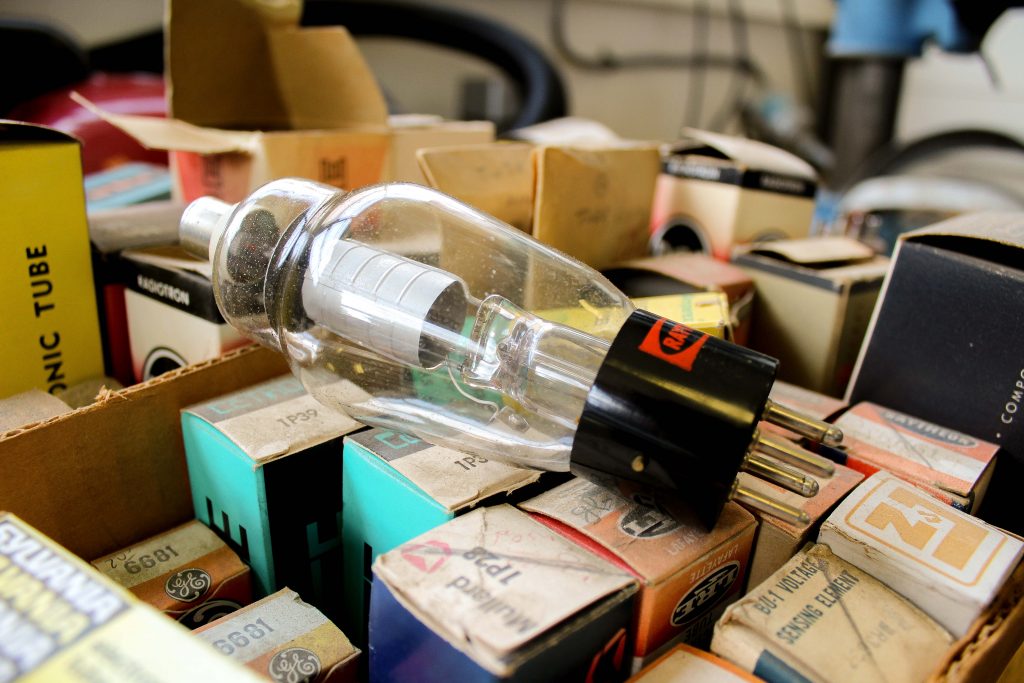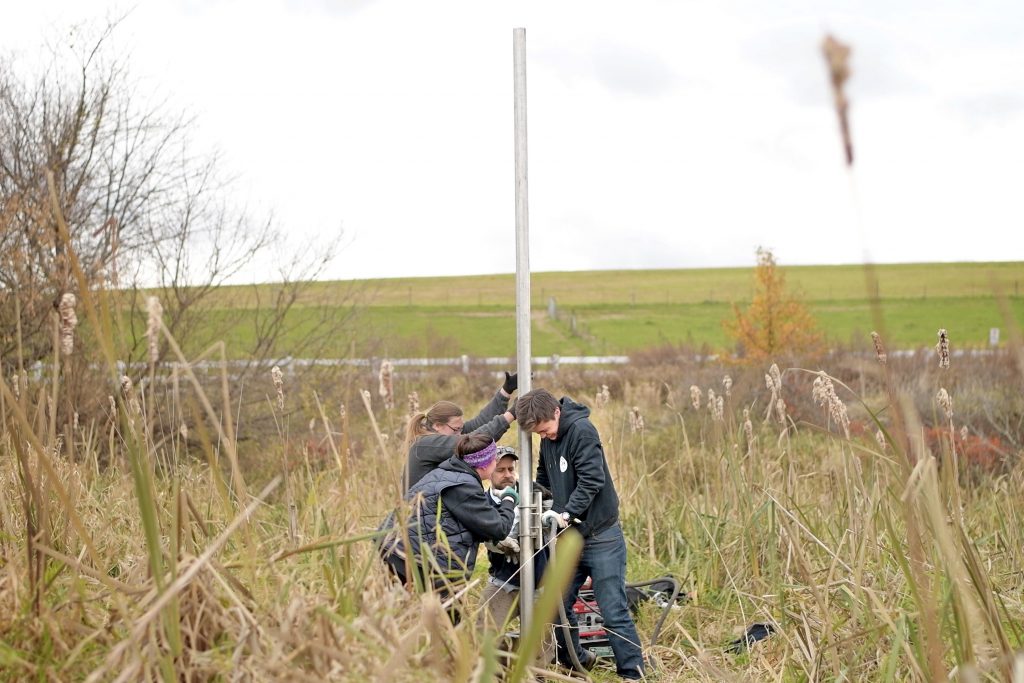College of Liberal Arts and Sciences
New Dean Named to College of Liberal Arts and Sciences
“I believe deeply in the missions of land grant institutions like UConn,” says Juli Wade, incoming dean.
December 20, 2018 | Mike Enright '88 (CLAS), University Communications
UConn in the Conversation
In print, online, and on air, UConn faculty inform public dialogue about the major issues of the day. Here's what they said this year.
December 19, 2018 | Kristen Cole
School-Based Nutritional Programs Reduce Student Obesity
Implementing strong school nutrition policies is associated with healthier weight gain in middle school students, according to a new study by researchers at UConn and Yale.
December 17, 2018 | Kristin Messina, UConn Rudd Center
Nature is a Rich Source of Medicine – If We Can Protect It
Conservative estimates suggest that we are losing one important drug every two years because of our onslaught on the natural world, according to UConn's John Malone and counterparts.
December 13, 2018 | John Malone, UConn; Ross Piper, University of Leeds; Alexander Kagansky, University of Edinburgh; Nils Bunnefeld, University of Stirling; Rob Jenkins, University of York.
Envisioning the Invisible: Microplastics in the Long Island Sound
With governmental and non-governmental agencies, UConn scientists from the Center for Environmental Sciences & Engineering have secured financial support from the Long Island Sound Futures Fund to study microplastics along Connecticut's coast.
December 12, 2018 | Jessica McBride, PhD
Breathing New Life into Aging Electronics
The Electrical/Electronics: Technology and Repair facility is a part of the Center for Open Research Resources and Equipment (CORE).
December 7, 2018 | Carson Stifel ‘21 (CLAS), Office of the Vice President for Research
Core Samples Dig Deep into History of Horsebarn Hill
Samples taken from an iconic campus location are helping undergraduates in a geology lab course learn how to read the history of geologic layers going back tens of thousands of years.
December 6, 2018 | Elaina Hancock
UConn Professor Recognized for ‘Improving World Order’
Susan Randolph, the Gladstein Committee Member and Professor Emeritus in Economics, was jointly recognized for the 2019 award from the University of Louisville.
December 4, 2018 | Kathryn Libal, Director of UConn's Human Rights Institute
Senior Wins Prestigious Marshall Scholarship
Akshayaa Chittibabu '19 (CLAS) is one of 48 Marshall recipients nationwide this year, and the fifth UConn student to be so honored.
December 3, 2018 | Sheila Foran
Saltier Waterways Creating Dangerous ‘Chemical Cocktails’
A new study found that salty, alkaline freshwater releases a variety of harmful substances that together have more devastating effects on drinking water and ecosystems than individual contaminants.
December 3, 2018 | Matthew E. Wright, University of Maryland
